http://www.financialgazette.co.zw/authors-publishers-techprenuers-converge-in-byo/
by Admire Kudita
“There have been dramatic changes in the publishing industry over the last few years due to new technology and it is important that writers are aware of the different ways in which they can publish their work in order to make an informed decision.  There are many factors to consider and what may suit one writer may not be the best approach for another,” said Jane Morris of amaBooks Publishers, an independent publishing house, at a recently held workshop at Selbourne Hotel in Bulawayo.
There are many factors to consider and what may suit one writer may not be the best approach for another,” said Jane Morris of amaBooks Publishers, an independent publishing house, at a recently held workshop at Selbourne Hotel in Bulawayo.
The meeting which saw about fifty established and aspiring writers converge at the local hotel, was held under the auspices of the major arts festival and funded by the British Council. This would be the third time that the workshops have been run in as many years. The workshop weighed the pros and cons of traditional and self-publishing. Traditional publishing has its advantages of allowing the author to concentrate on their core competency: writing, and has no financial risk accruing to the writer.These benefits are juxtaposed against those of self-publishing in that authors have creative autonomy,control, less bureaucracy and a larger percentage of the profit.
The last few years have witnessed a number of developments that are altering the publishing landscape. These are eBooks which are read on e-readers and devices such as Kindle and other cutting edge communication devices, on demand printing, short run printing, Amazon shorts (short books) and importantly, crowd-funding. Interestingly, there are also innovations that enable eBook authors to receive feedback from readers.
At the workshop it was my honour to meet a very smart Zimbogeek called Tafadzwa Makura from Harare. Okay, here is why he deserves mention on this platform: the tech wiz is the conceptualiser of Mazwi. Mazwi is a ‘revolutionary platform’ built around a simple application. It is an all in one mobile book market place that lets local writers and publishers share and sell stories in digital form directly to mobile devices.
The groundbreaking innovation was conceived to help mitigate the increasing costs of printing, distribution and marketing for writers and publishers in emerging markets.
“We are making premium local stories from local writers and publishers available to over a billion mobile internet users across the world on most mobile devices for a fraction of the cost. We are calling it a revolution because it is,” states the Mazwi innovators.
The groundbreaking innovation was conceived to help mitigate the increasing costs of printing, distribution and marketing for writers and publishers in emerging markets.
“We are making premium local stories from local writers and publishers available to over a billion mobile internet users across the world on most mobile devices for a fraction of the cost. We are calling it a revolution because it is,” states the Mazwi innovators.
The system works like this: authors and publishers approach Mazwi and sign agreements that allow them to submit final drafts for uploading on to the Mazwi server. Book lovers can download the Mazwi app for free to their phones, tablets and computers. They can then pay for the book via Ecocash, PayPal and Visa after which it is downloadable to the communication device. The seller takes 30 percent and the rest goes to the author or copyright holder. Potential uses for the app is in e-learning, literacy programmes and digital libraries among others. Currently, the content partners of the company are Weaver Publishers (the local publishers of NoViolet Bulawayo), amaBooks and Innov8. The institutional and technological partners of the company are British Council, Alliance Francaise, biNu, iWayAfrica, TechZim and Worldreader.
Significantly, the diffusion of innovations i.e. the internet, smart phones and tablets has impacted negatively on the market for printed books. Rather than ignore the reality, authors and publishers are being given an opportunity to adapt and profit from platforms such as Mazwi.
Significantly, the diffusion of innovations i.e. the internet, smart phones and tablets has impacted negatively on the market for printed books. Rather than ignore the reality, authors and publishers are being given an opportunity to adapt and profit from platforms such as Mazwi.
How extensively and speedily the innovation diffuses into the targeted emerging world markets will have a lot to do with the activation and sustenance of the reading culture of peoples in those same markets.
To my mind, the Mazwi application, being downloadable free of charge to mobile communication devices just like the popular Whatsapp application, is a sterling example of the creativity of Zimbabweans in meeting contemporary challenges.
To my mind, the Mazwi application, being downloadable free of charge to mobile communication devices just like the popular Whatsapp application, is a sterling example of the creativity of Zimbabweans in meeting contemporary challenges.
Interested authors, publishers and book lovers can access the platform on www.openbook.ziguru.com
.jpg)




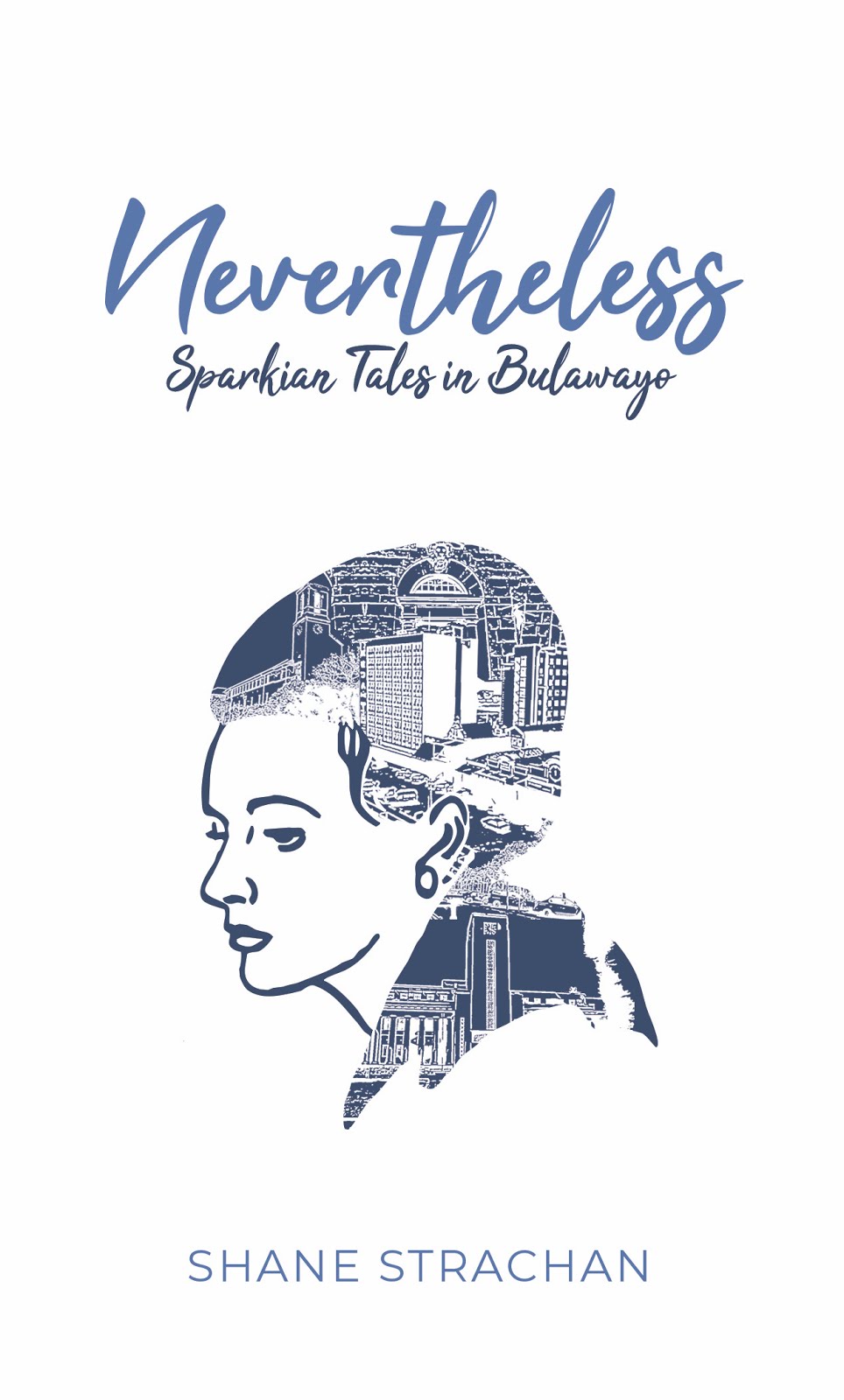





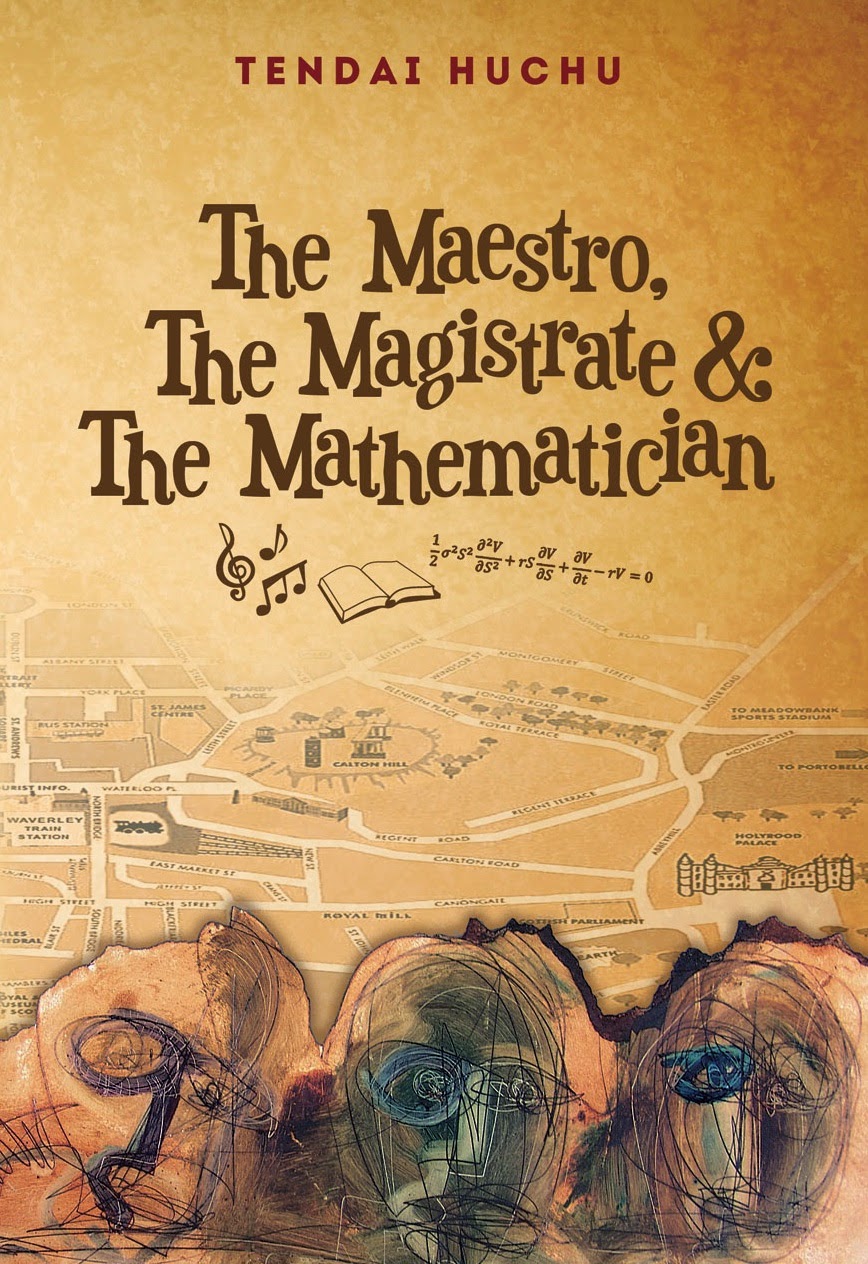

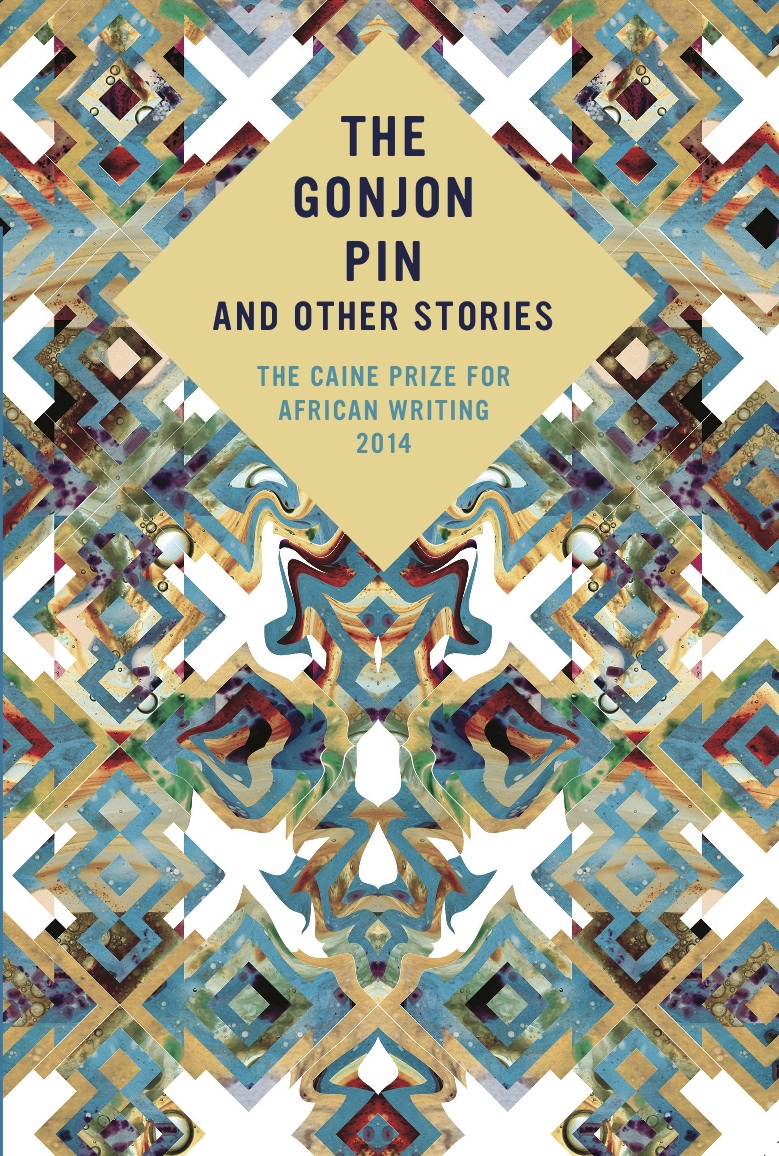

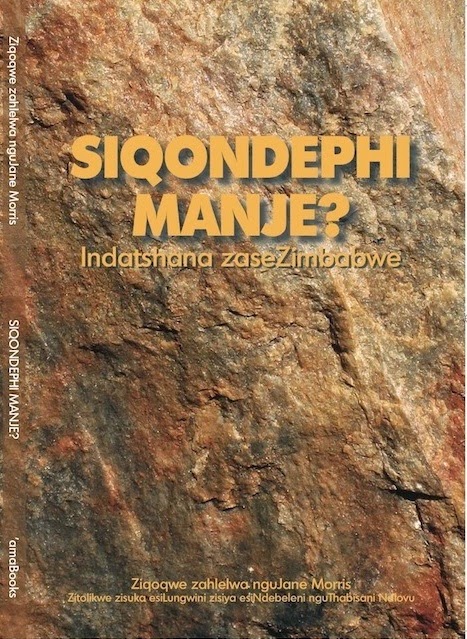
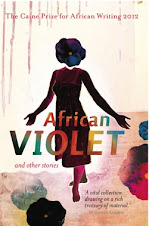

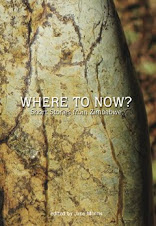
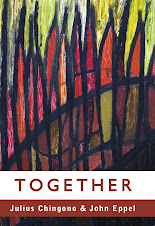
.jpg)




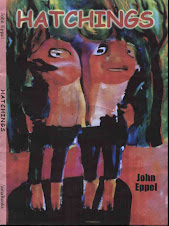













.jpg)



























